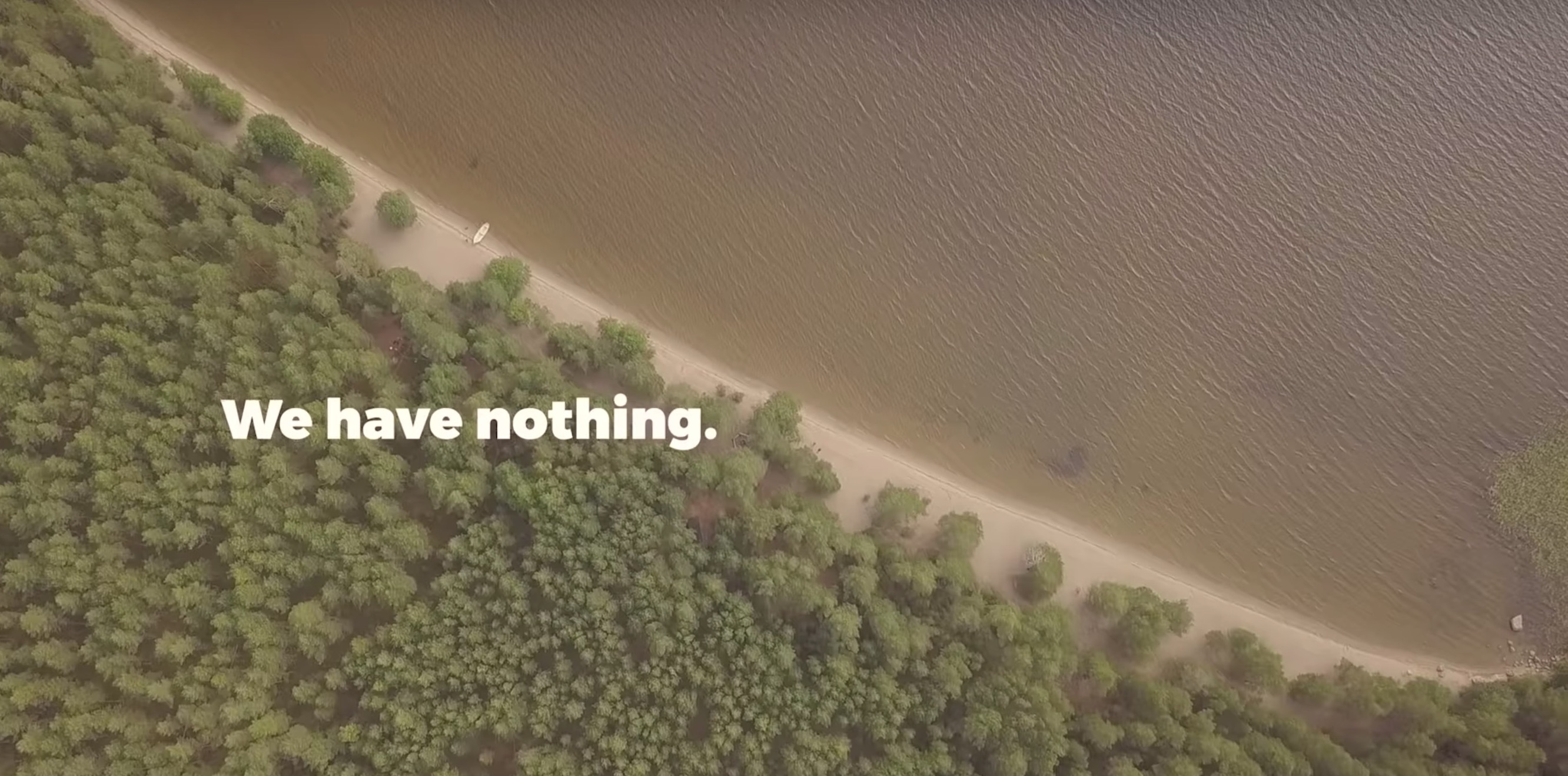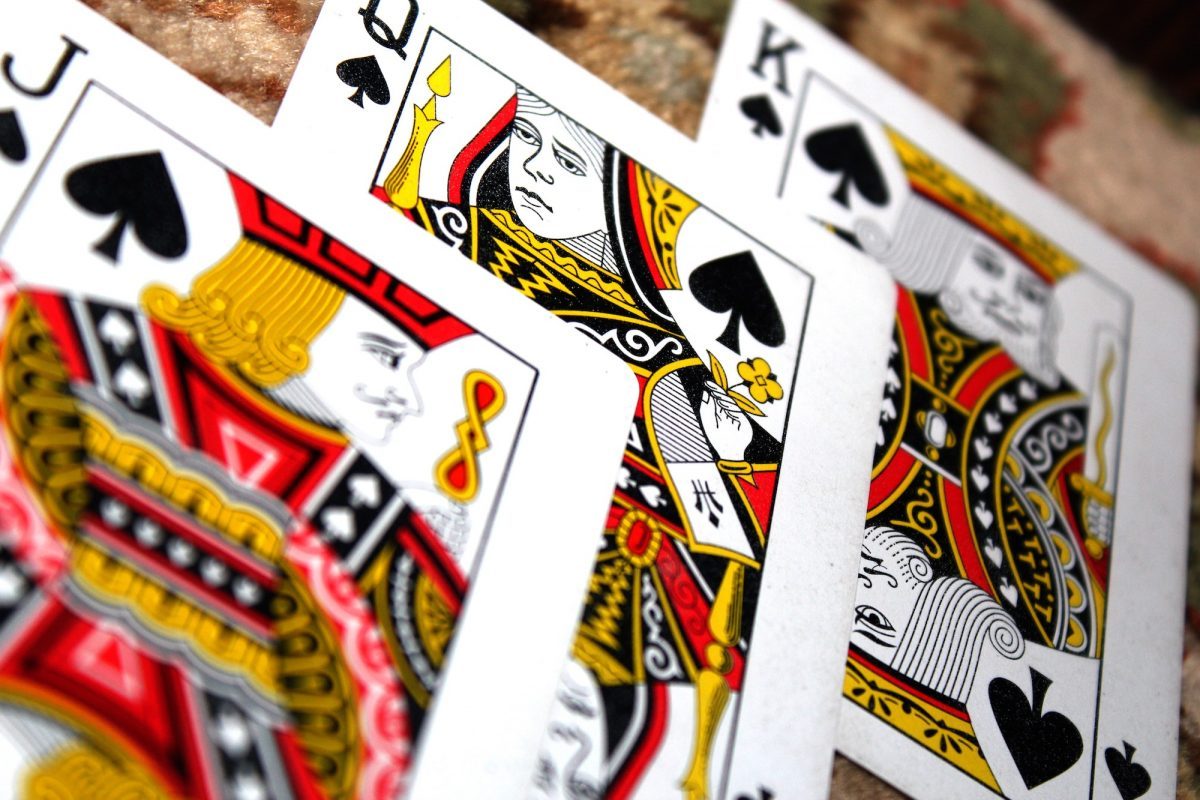Devising a slogan that encapsulates everything a holiday destination has to offer is no easy task. There are clichés to avoid and cultural differences to consider, not to mention the issue of timing. “Hong Kong will take your breath away” coincided with the outbreak of deadly respiratory disease Sars in 2003, for example.
Slogans range from the unimaginative “Visit Armenia, it is Beautiful” to the lost in translation “Think Hungary – More Than Expected”. “Colombia is Magical Realism” hints at a drug-fuelled brainstorming session at the ad agency while the national tourist offices of some lesser-known nations are merely content to tell travellers where they are: “Andorra, The Pyrenean Country”; “Bosnia & Herzegovina, the heart of SE Europe”, and “Tuvalu: Yoo-hoo, we’re over here in the South Pacific”. (Sorry, I made that last one up).

Meanwhile, Nebraska’s “Honestly, it’s not for everyone”, suggests a lack of self-esteem. Mind you, the bar was already pretty low – the American state previously tried to lure tourists with, “Visit Nebraska. Visit Nice.”
Here are some more winning watchwords and a few that are best forgotten.
From our partners:
Launched in 2006, Tourism Australia’s “So where the bloody hell are you?” campaign was banned in some countries (“hell”, rather than “bloody”, being the offending word) and spawned plenty of parodies. It was successful in terms of exposure but failed to generate an increase in visitors.
Bhutan, the land of gross national happiness, attracts travellers with the slogan, “Happiness is a Place”, while Belize’s “A Curious Place” seems a little enigmatic. Maybe that’s the point. I’m curious to know why it didn’t stick with the previous slogan, “Mother Nature’s Best Kept Secret”.
Clean, green, biodiverse and environmentally sustainable, Costa Rica advertises itself to tourists with the wonderfully succinct “No Artificial Ingredients”. Situated in the Atlantic Ocean off northwest Africa, Cabo Verde (the island country formerly known as Cape Verde) also keeps things concise, with “No Stress”. Just be on your guard for muggers, as the streets are often unlit at night. Strong currents have led to drownings and there’s a risk of malaria. How about instead, “Cabo Verde: What doesn’t kill you makes you stronger”?
Beautiful is the most overused adjective when it comes to tourism slogans. St Lucia’s “Simply Beautiful” couldn’t have taken long to think up, likewise Laos’ “Simply Beautiful” and “Beautiful Burundi”. The little-known African nation of Djibouti used more ingenuity in its single-word sales pitch: “Djibeauty”.
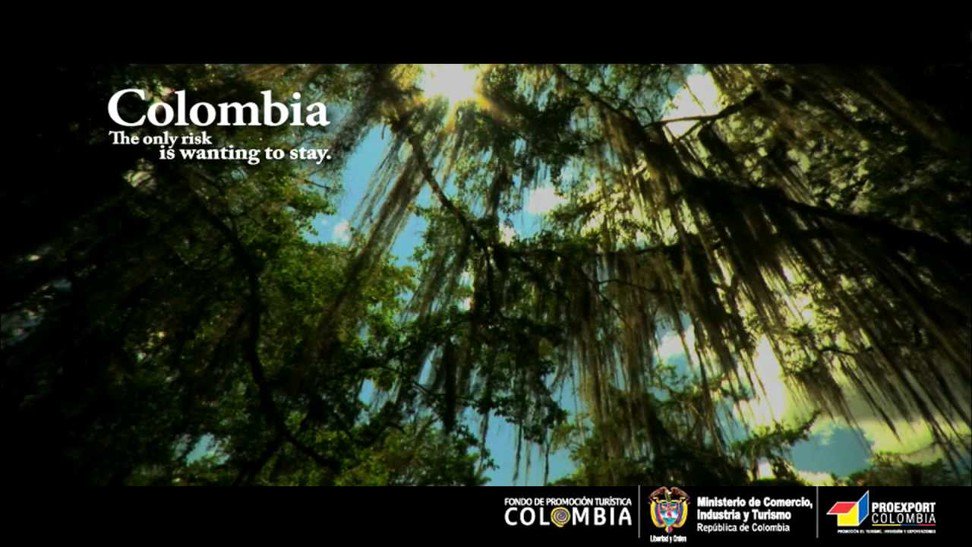
Another example of wordplay, this time from the Scottish capital, Edinburgh, resulted in “Incredinburgh”, although the strap line was scrapped before it saw the light of day. “Winterinedinburgh” and “Goaheadinburgh” somehow escaped the cull. Still, it could have been worse. To highlight the short distances between sightseeing attractions, El Salvador promotes itself as the “45-minute country”, which gives the impression that the place, one of world’s most violent nations, is not a place to linger, even for an hour.
“I wish I was in Finland” has an inviting ring to it but turn up at this time of year and you’ll wish you were somewhere else. Similarly, the city of Fargo, in North Dakota, the United States, fibs to us with, “Always Warm”. Have you seen the film?
Georgia’s attempt to woo the world to the former Soviet republic, “For the Best Moments of Your Life”, is ambitious. I’m a big fan of the Caucasus country, its people, soaring mountains, food and wine but, unless you met your first true love in Tbilisi, exchanged wedding vows in Batumi or won the lottery in Kutaisi, you might want to keep your expectations in check.
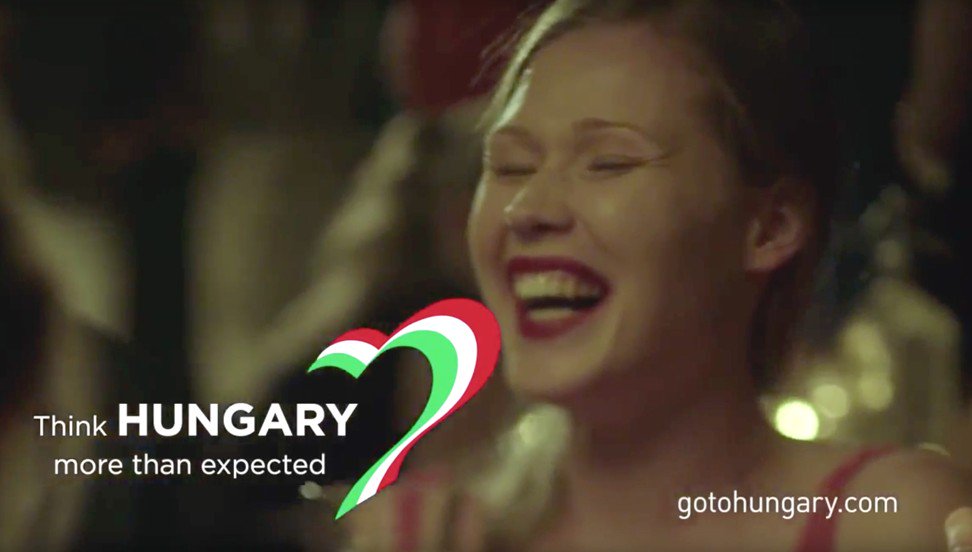
Following in Georgia’s footsteps, Honduras goes with the equally bold “Everything is Here”. It’s far from the only offender in the self-importance category, though; delusions of grandeur are contagious in the Caribbean, as demonstrated by: “The Dominican Republic has it all” and “Venezuela is Your Destination” (it could soon be for invading US troops, but the rest of us would have to be caracas to book a holiday there). Until recently, things were just as unstable next door, in Colombia, but, as the situation improved, the tourist office took a chance with, “Colombia: The Only Risk is Wanting to Stay.” It’s now one of the world’s fastest-growing tourism markets.
Indonesia has a chequered history in the tourism slogan game. After dabbling with the catchy “Indonesia is an amazing country to visit” and the cocky “Admit It You Love It”, authorities have opted for a better-safe-than-sorry approach, with “Wonderful Indonesia”.
“Right guys, we’ve spent months on this project and worked with countless focus groups. We’ve streamlined the syntax and fine-tuned the font – just wait until the world hears these unforgettable three words: Yes, it’s Jordan.” (Personally, I think they would have more success with: “Petra? You Betcha!”)
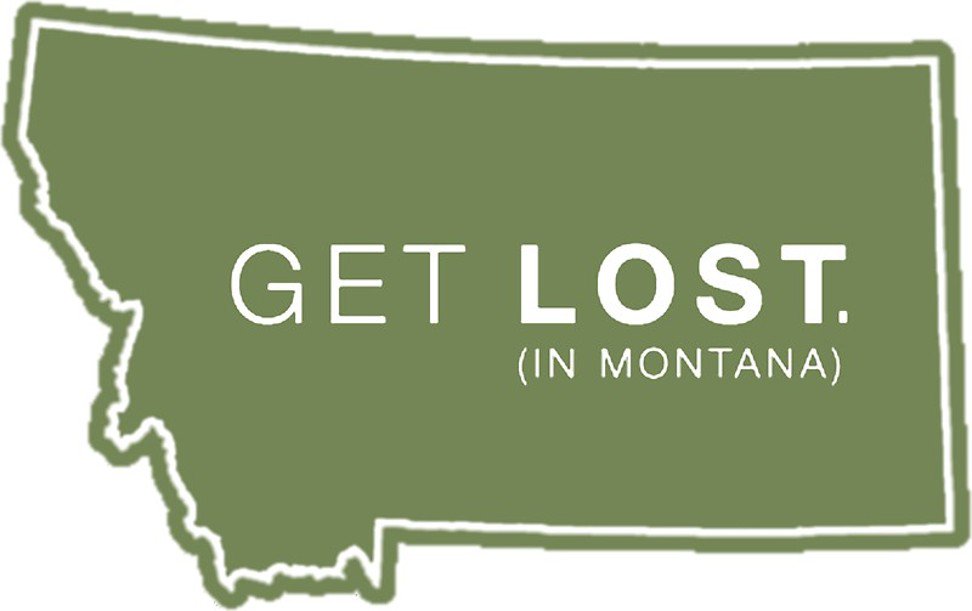
“Kansas: as big as you think” is an odd slogan, considering the number of travellers (and truck drivers) who complain about how long it takes to cross the never-ending Midwest state. To make matters worse, “Kansas: as bigoted as you think” bumper stickers soon began appearing, a reference to the divisive state debate on same-sex marriage.
In 2005, the British city of Leeds paid an ad agency £150,000 (then worth HK$2.24 million) to come up with a snappy tourist ad. The creative team obliged with the alliterative “Leeds. Live it. Love it”. Unfortunately, Hong Kong had been using the same phrase since 2003.
An American state of spectacular vistas and wide open spaces, Montana offers endless scope for adventure – a place to truly find yourself. Or perhaps not. Since 2012, the tourist board has encouraged visitors to “Get Lost”. In the nicest possible way, of course. Another accomplished example of minimalist wordplay is Morocco’s “Much Mor”. The secret to a successful tourist tagline seems to be, keep it brief. Oh wait …
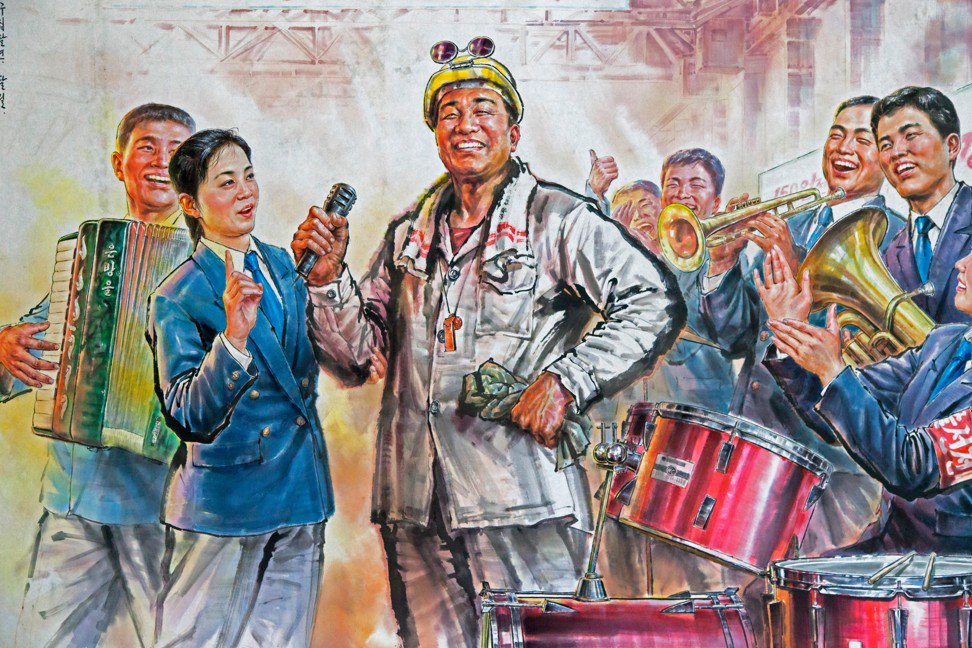
In 2016, North Korea introduced 375 slogans for its people to learn and live by. “Make Wonsan area an icon of city layout and build it into a world-level tourist city!” might not benefit from the brevity of “Get Lost” but I suspect North Korean citizens will find a way of remembering it, along with the other 374 stirring sound bites.
Talking of remembering slogans, you can’t beat a popular sitcom for giving maximum exposure to your country. “New Zealand, take your mum”, “New Zealand, better than old Zealand” and “New Zealand; don’t expect too much – you’ll love it” were not official exhortations from the country “that’s not Australia” (that’s another one), but those seen on the office walls of Murray, a deputy cultural attaché at the New Zealand Consulate in New York – and part-time band manager – in the HBO hit series Flight of the Conchords.
Along the lines of Bhutan’s “Happiness is a place”, Oman tells travellers that “Beauty has an address”. In fairness, the sultanate on the Arabian Peninsula has been welcoming tourists for at least 5,000 years, so it’s had plenty of time to dream up this inspiring slogan.
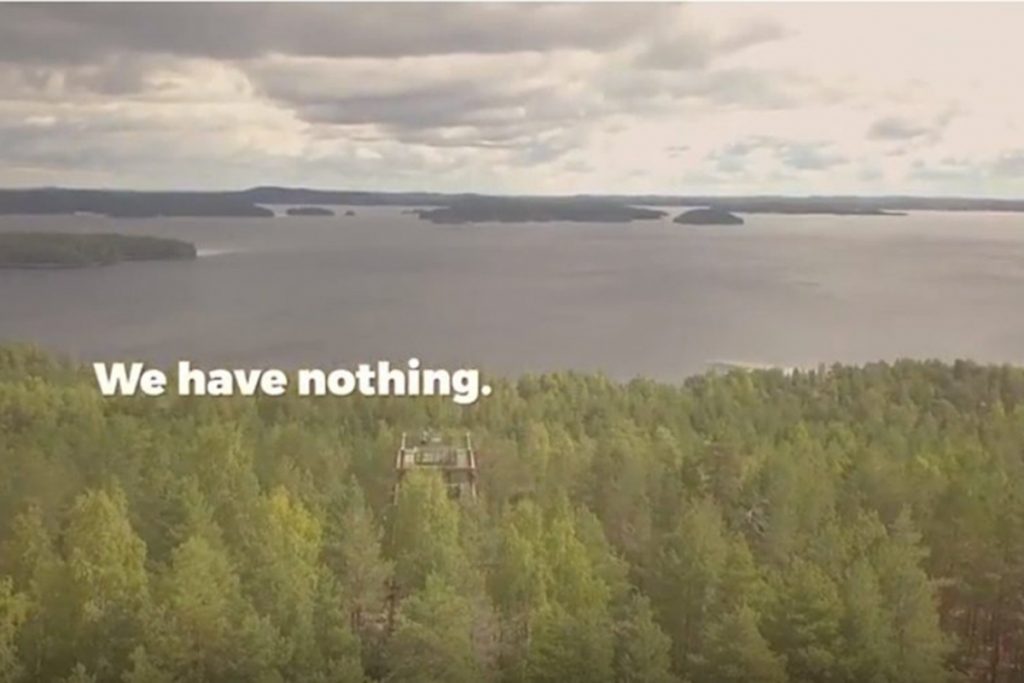
The remote Finnish town of Padasjoki promotes its pristine wilderness in a humorous video with the catchphrase, “Experience Nothing”. The voice-over begins, “New York has everything … we have nothing. Paris has monuments … we have nothing.” Cue scenes of lakes, saunas and forests.
Qatar sells itself to the world with “Where Dreams Come to Life”. Or possibly not, if you’re a South Asian migrant worker.
To counter negative British government attitudes towards Romanian immigration, the initiative by Romanian news portal Gandul is in a league of its own. The campaign took the form of ads on Facebook and outdoor sites in Britain and featured slogans such as, “Our draft beer is less expensive than your bottled water”; “Your weekly rent covers a whole month here (Pub nights included)” and “We may have half of your GDP but we have three times the FUN”.
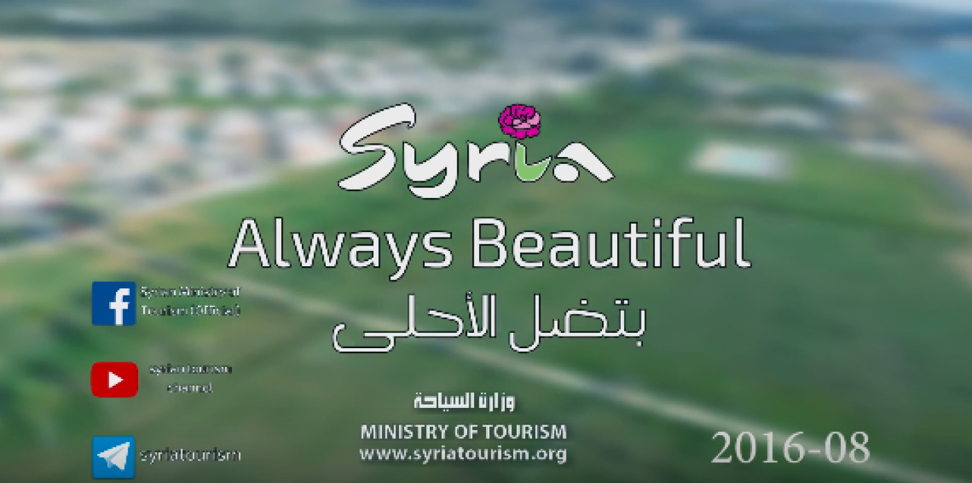
The promotional videos of idyllic Mediterranean beaches, fancy hotels, ancient ruins and bustling cities all look highly enticing but there’s one small catch. The “Syria Always Beautiful” campaign avoids any reference to a civil war that has claimed at least 400,000 lives. Even on its website, the Ministry of Tourism neglects to mention the potential risks foreigners could face if they rock up in a war zone, including terrorist attacks, armed conflict and kidnapping. Check the small print on your travel insurance before booking.
When the phrase “Tanzania: The Land of Kilimanjaro” was deemed to be lacking, the slogan was amended to “Tanzania: The Land of Kilimanjaro and Zanzibar”. “What about the wildlife?” someone asked. For now, the East African country has settled on, “Tanzania: The Land of Kilimanjaro, Zanzibar and the Serengeti”. There’ll be trouble when the people of the Ngorongoro Crater find out they’ve been overlooked.
“It’s all about U” is short and sweet, and if it weren’t for the conflict with Russia, Ukraine would receive far more tourists. If you’re in two minds about visiting, head 1,200km away from the front line to Lviv, one of Europe’s most beautiful cities.
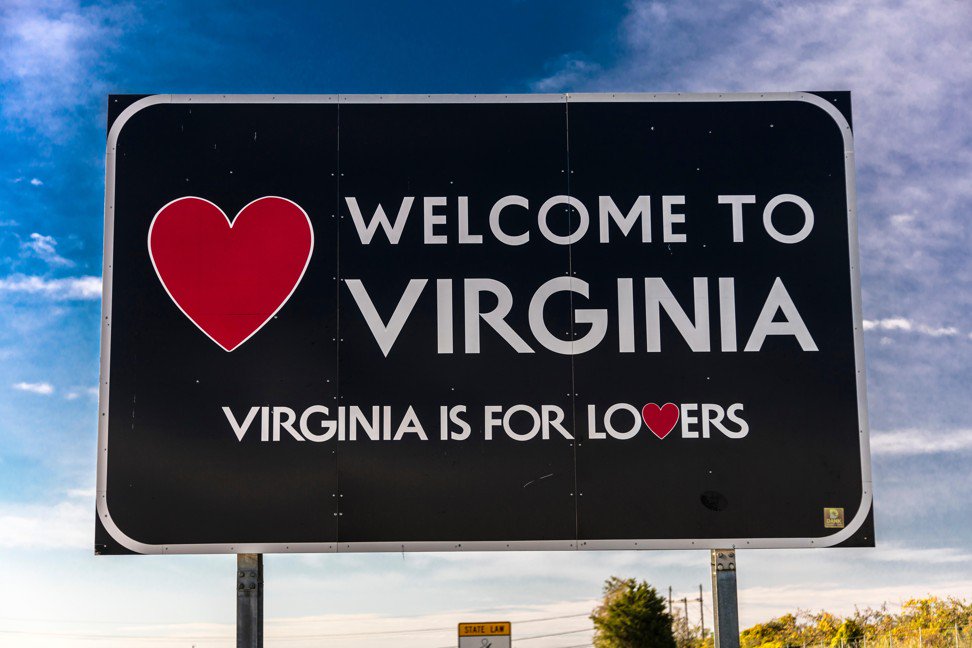
Dating back to 1969, “Virginia is for Lovers” is the longest-running tourism slogan in the United States and has been declared one of the top 10 travel industry marketing campaigns of all time. Not bad considering the iconic tagline was almost “Virginia is for History Lovers”.
At first glance, “Weed like to welcome you” appears to be a typo, but for Weed, California, it’s a merchandising opportunity. Order your “Enjoy Weed” and “I (Heart) Weed” T-shirts from one of the many local souvenir shops. Not seen are “I Weed in California” mugs, unfortunately.
Xiamen Tourism Bureau has launched a “Go to Amoy” campaign with Dutch airline KLM. China’s “second most suitable city for living” hopes the deal will strengthen trade relations and lead to an uptick in tourists. Why they opted for the former English name, with its opium war connotations, is unclear: why not “Show Me Xiamen” ?
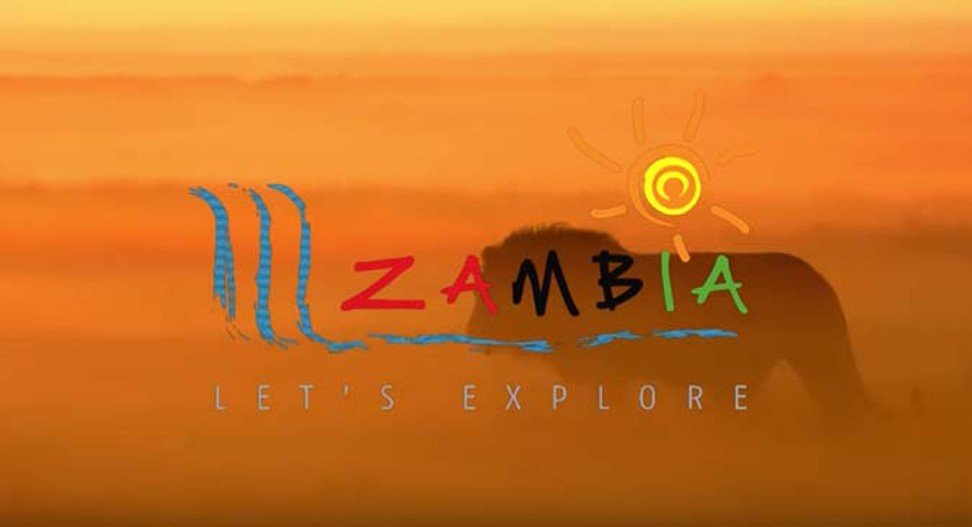
When it comes to attracting visitors, there’s no substitute for Donald Trump-style self-congratulation. In Yangshuo they say, “Guilin has the best scenery under the heaven, but Yangshuo is even more beautiful.” And in southwestern China, they go with “Colourful Yunnan, Tourism Paradise of the World”.
Beat that Zambia … Maybe not. The East African country that shares Victoria Falls with Zimbabwe beckons tourists with a limp, “Zambia – Let’s Explore”. They would be better off using the local term for the waterfall, which translates as “the smoke that thunders”. You can probably get that on a T-shirt in Weed, California.
This feature is written by Tim Pile & originally appeared in South China Morning Post.






